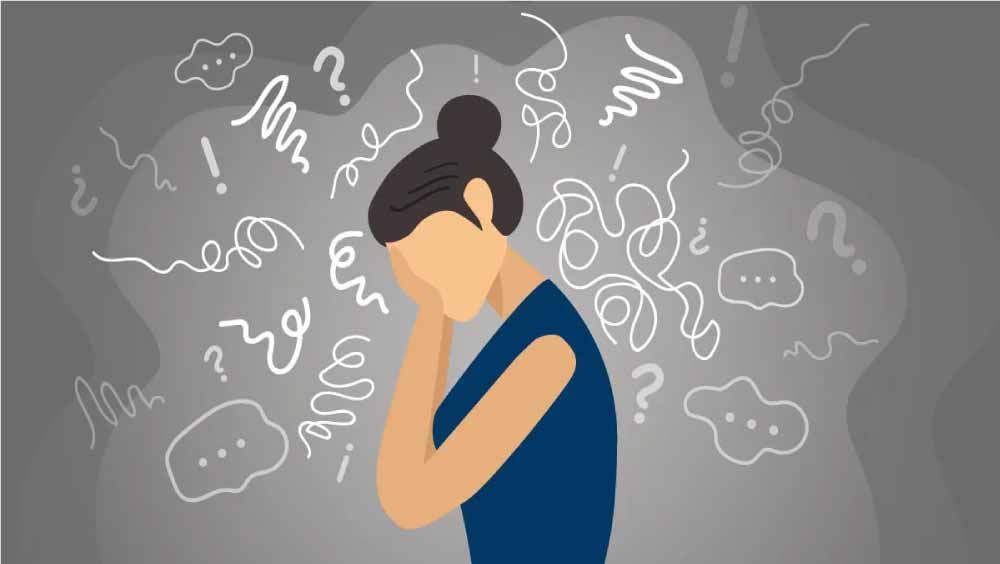Sport and physical activity in general are essential to maintaining good physical and mental health. Here are some of the most important benefits:
Physical health:
Strengthening the cardiovascular system: Regular exercise can improve heart health, reducing the risk of cardiovascular disease.
Improves endurance and muscle strength: Physical activity improves the body’s ability to perform daily tasks and sports.
Weight management: Regular sports and exercise can help maintain a healthy weight.
Improves sleep quality: Exercise helps regulate the sleep-wake cycle, which can improve sleep quality.
Strengthening bones: Sport can help improve bone density and prevent osteoporosis.
Mental health:
Stress and anxiety reduction: Sport and physical activity in general can be an effective tool for reducing stress and anxiety levels.
Improves mood: Physical activity helps release endorphins, which can improve mood and reduce depression.
Improves self-esteem: Sport can help improve self-image and self-esteem.
Development of social skills: Group physical activity can help develop social skills and encourage social interaction.
Reduced risk of mental illness: Sport and regular physical activity can help reduce the risk of developing mental illnesses such as depression and anxiety.
Benefits of sport
Sport and physical activity are an important part of a healthy lifestyle and can significantly improve people’s physical and mental health.
Improved memory and cognitive ability
Exercise can improve cognitive function and memory, which can be beneficial for academic and work life.
Reducing the risk of chronic diseases
Regular sports and physical activity can help reduce the risk of chronic diseases such as type 2 diabetes and certain cancers.
Sport improves sexual health
Regular exercise can improve sexual health and reduce the risk of erectile dysfunction and other sexual health problems.
Increased energy and productivity
Physical activity can increase energy levels and improve productivity at work and in other areas of life.
Reduced risk of injury
Sport and physical activity can help improve flexibility, strength and endurance, which can reduce the risk of injury.
Overall, sport and physical activity are an effective way to improve health and well-being in many aspects of life. It is recommended to perform moderate physical activity on a regular basis, combining it with a healthy diet and an active and balanced lifestyle.
Reducing the risk of infectious diseases
Regular physical activity can help strengthen the immune system, which can reduce the risk of infections and diseases.
Improved posture and flexibility
Sport and physical activity can help improve posture and flexibility, which can reduce the risk of injury and improve overall quality of life.
Sport improves visual health
Regular exercise can improve eye health, reducing the risk of eye diseases such as macular degeneration and cataract.
Motor skills development
Physical activity can help develop motor skills and improve coordination and balance.
Sport helps increase longevity
Regular sport and physical activity can help increase longevity and reduce the risk of age-related diseases.
Overall, sport and physical activity are an effective way to improve health and well-being in many aspects of life. It is recommended to perform moderate physical activity on a regular basis, combining it with a healthy diet and an active and balanced lifestyle for best results.
Fostering discipline and motivation
Sport and physical activity can encourage discipline and motivation, which can be useful in many areas of life, including work and school.
Sport helps strengthen personal relationships
Group physical activity can help strengthen personal relationships, encouraging social interaction and teamwork.
Reducing the risk of addictions
Sport and physical activity can help reduce the risk of addictions to substances such as alcohol and drugs by providing a healthy and constructive alternative.
Improved academic performance: Regular physical activity can improve academic performance by improving concentration, memory, and learning ability.
Sport improves the quality of life in the elderly
Physical activity can improve quality of life in older age by reducing the risk of chronic disease, improving mobility and independence, and encouraging social interaction.
Overall, physical activity are an effective way to improve health and well-being in many aspects of life. It is recommended to perform moderate physical activity on a regular basis, combining it with a healthy diet and an active and balanced lifestyle for best results.


